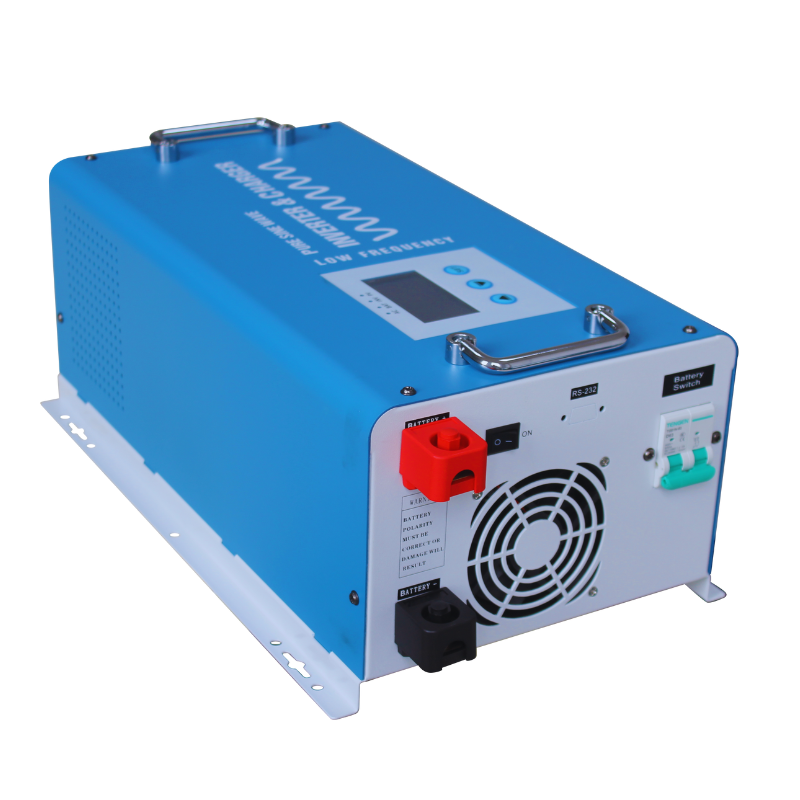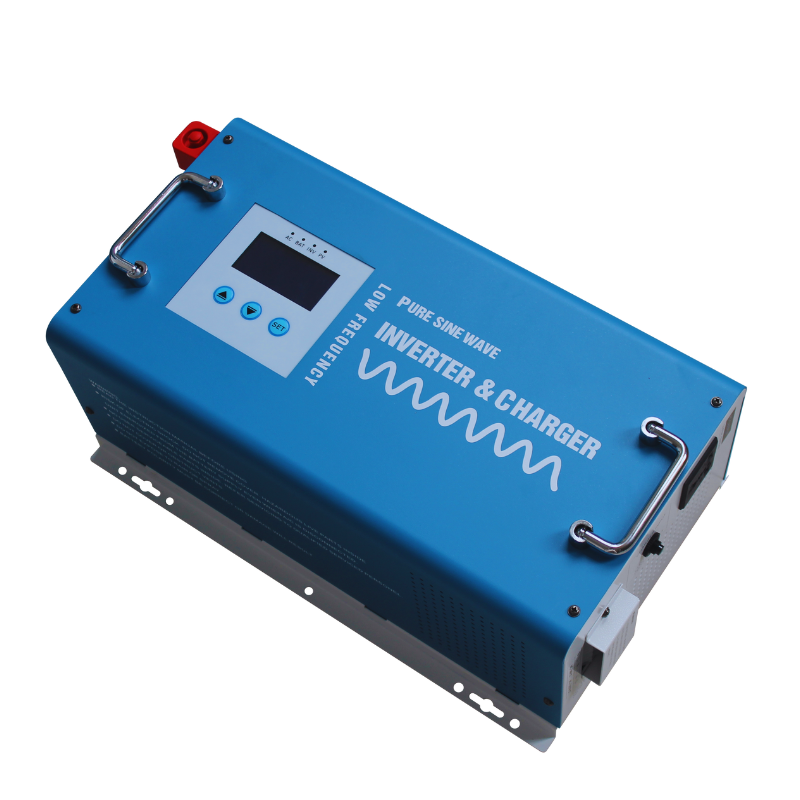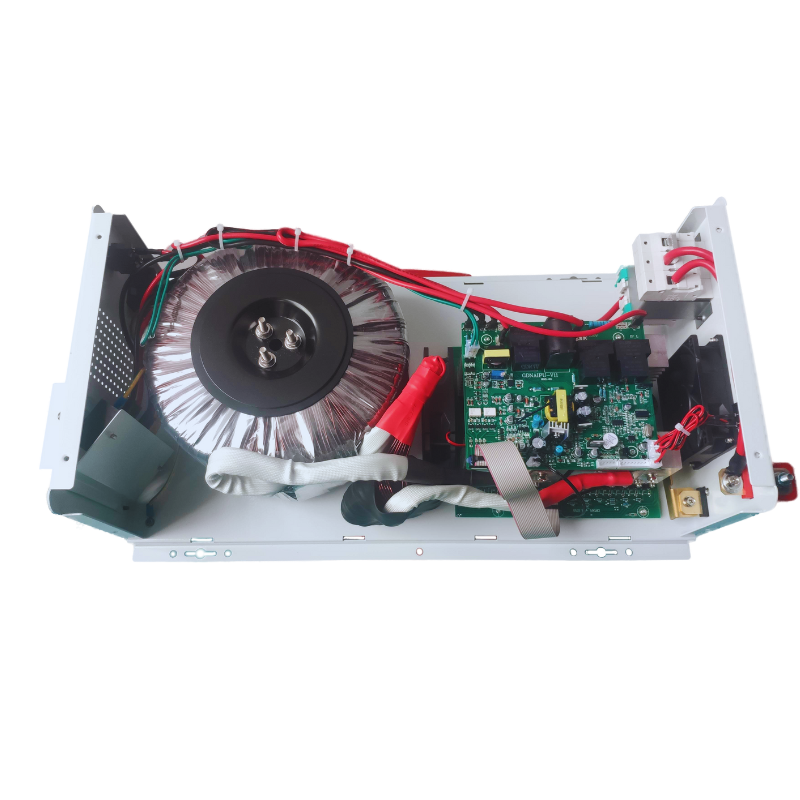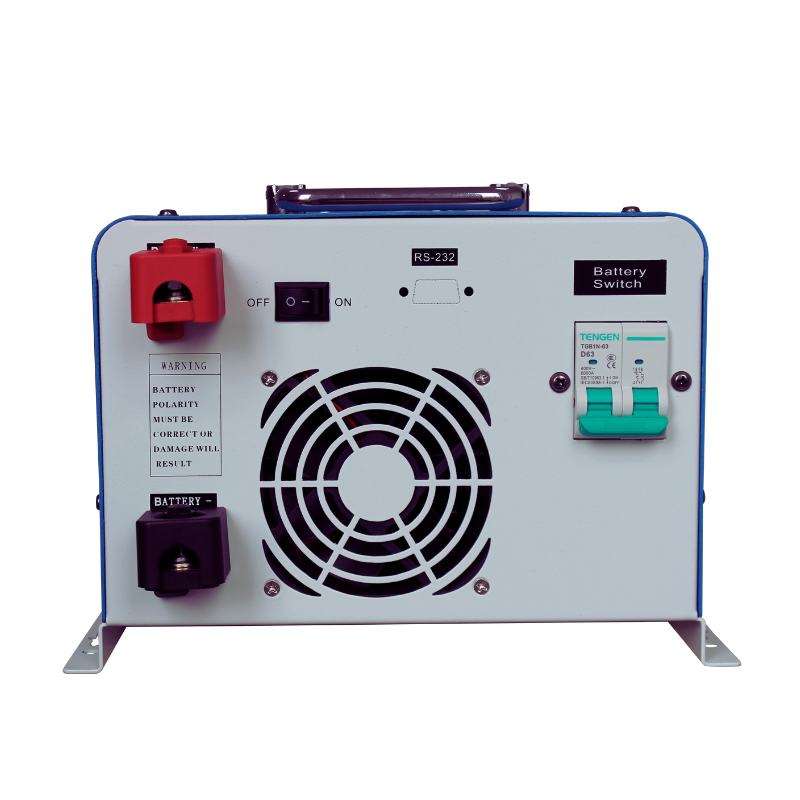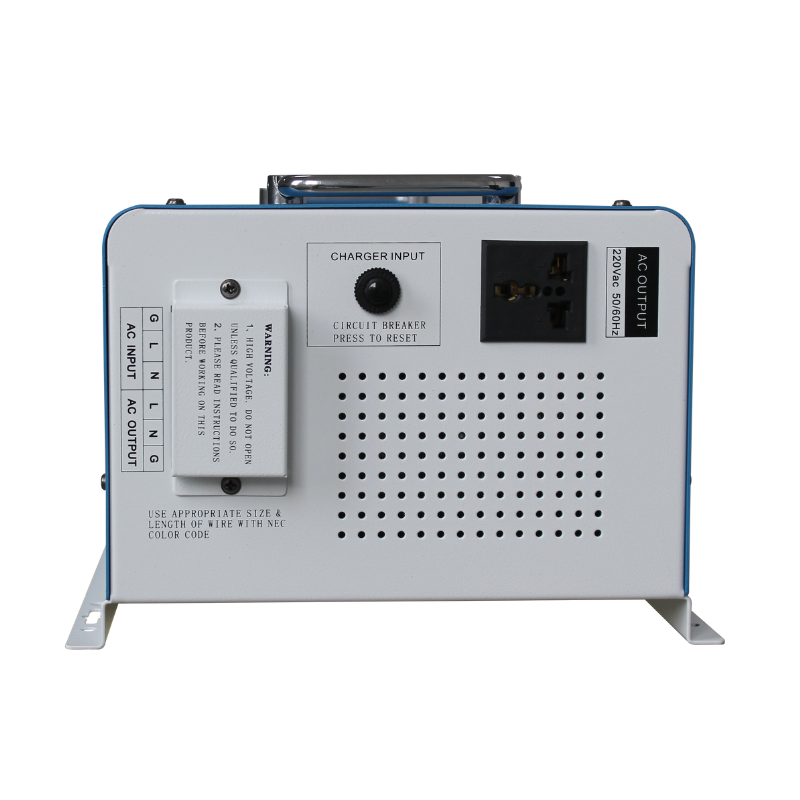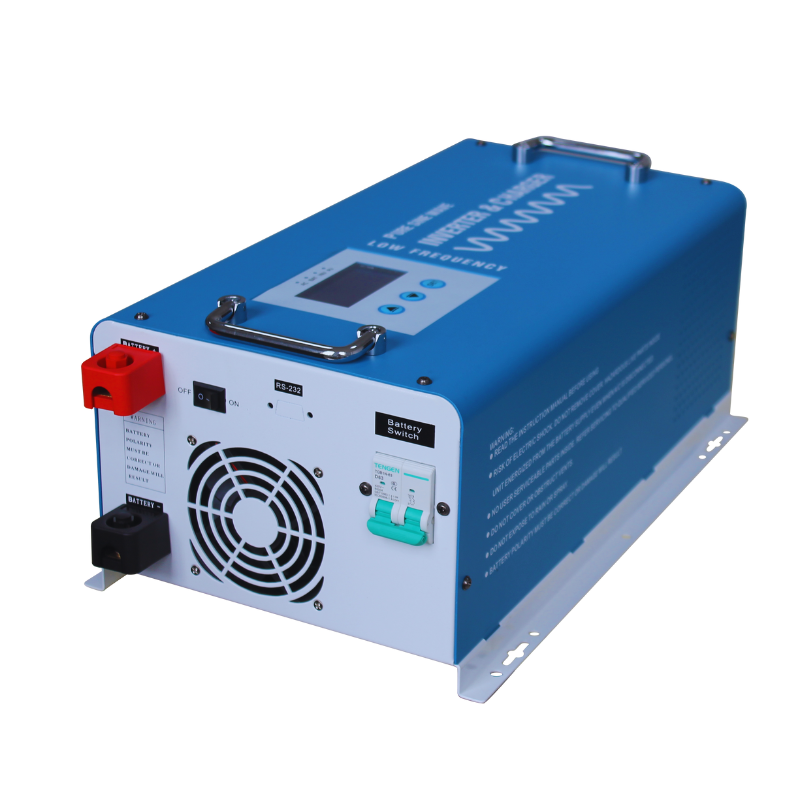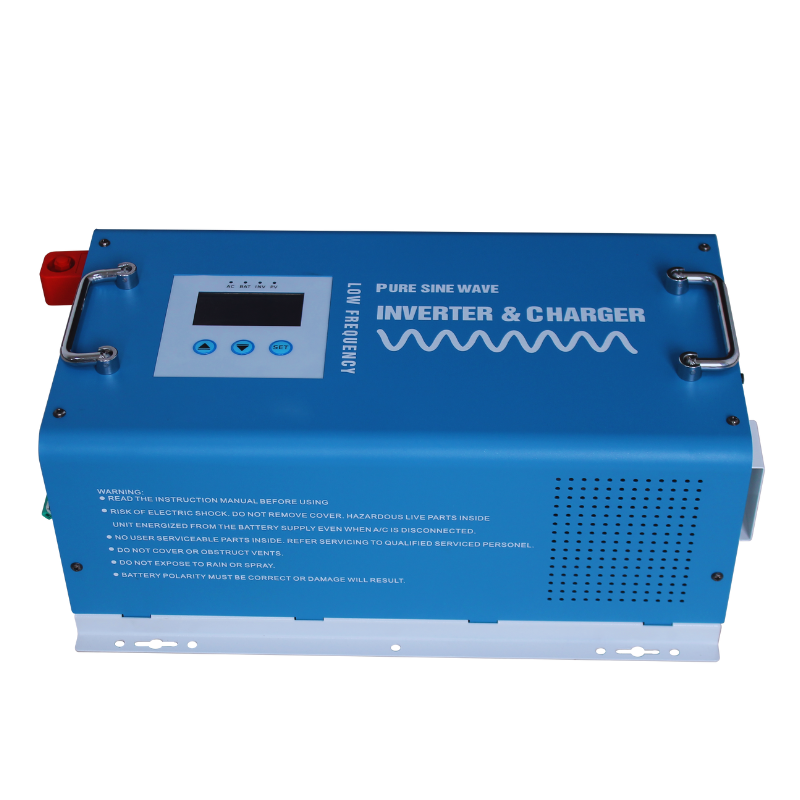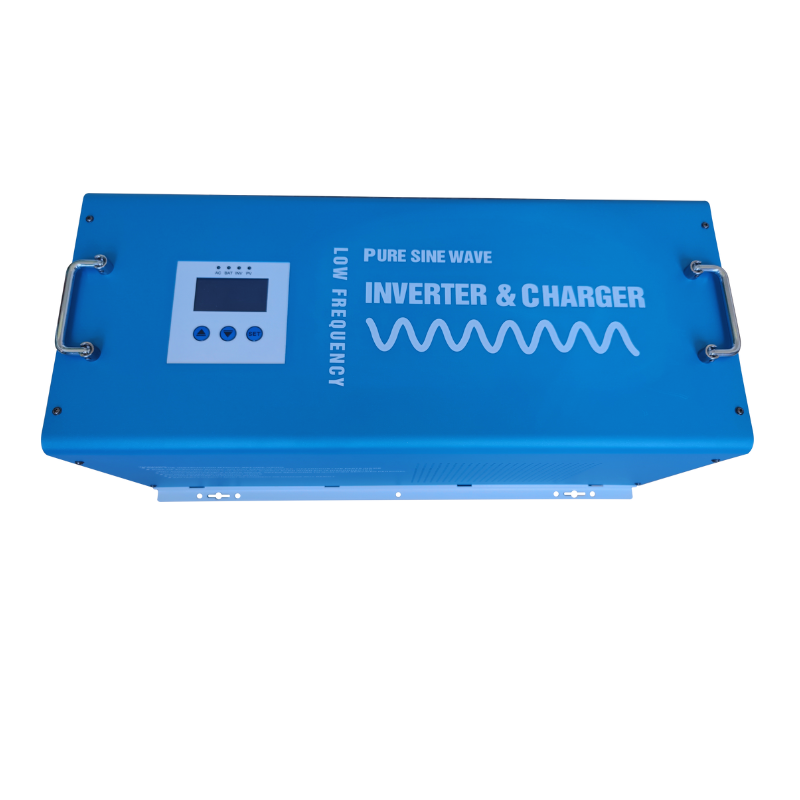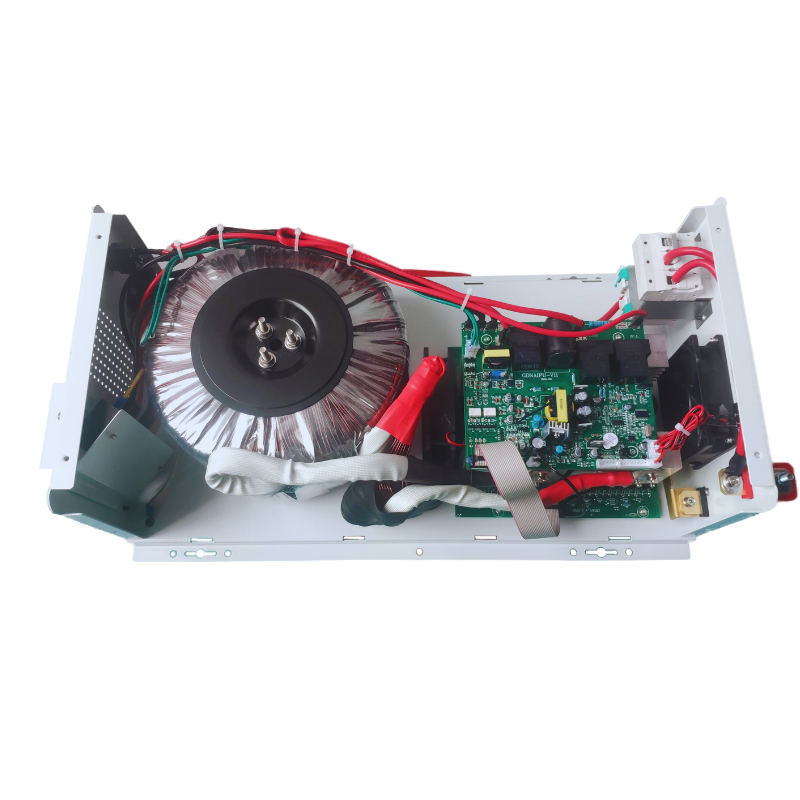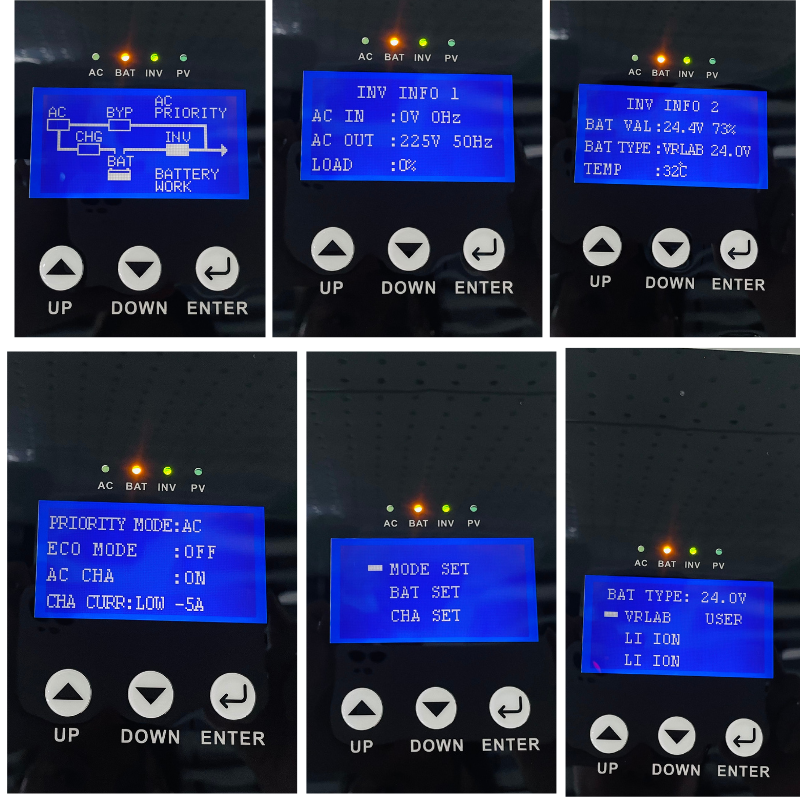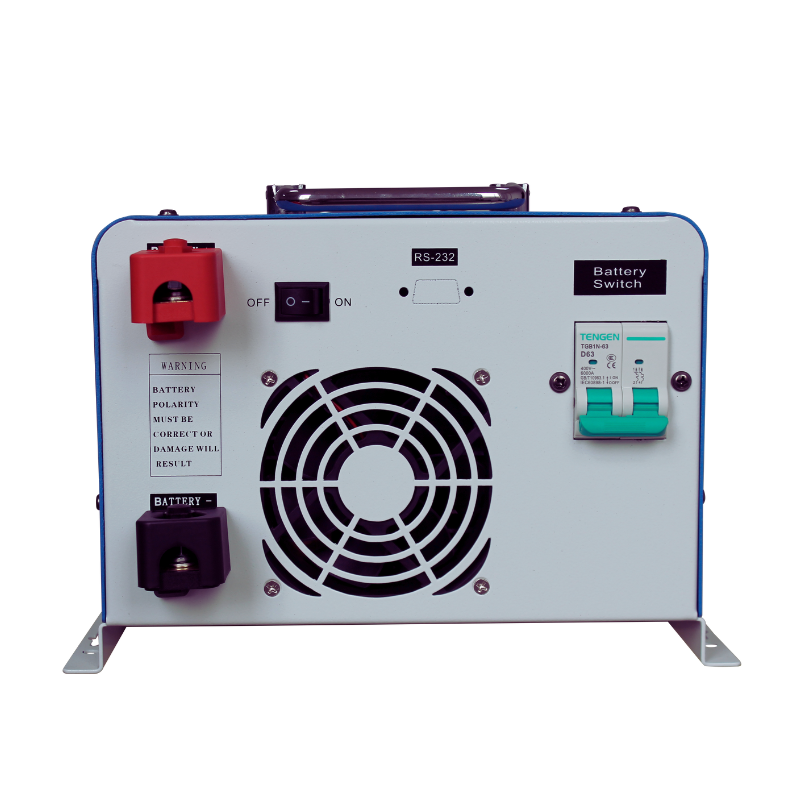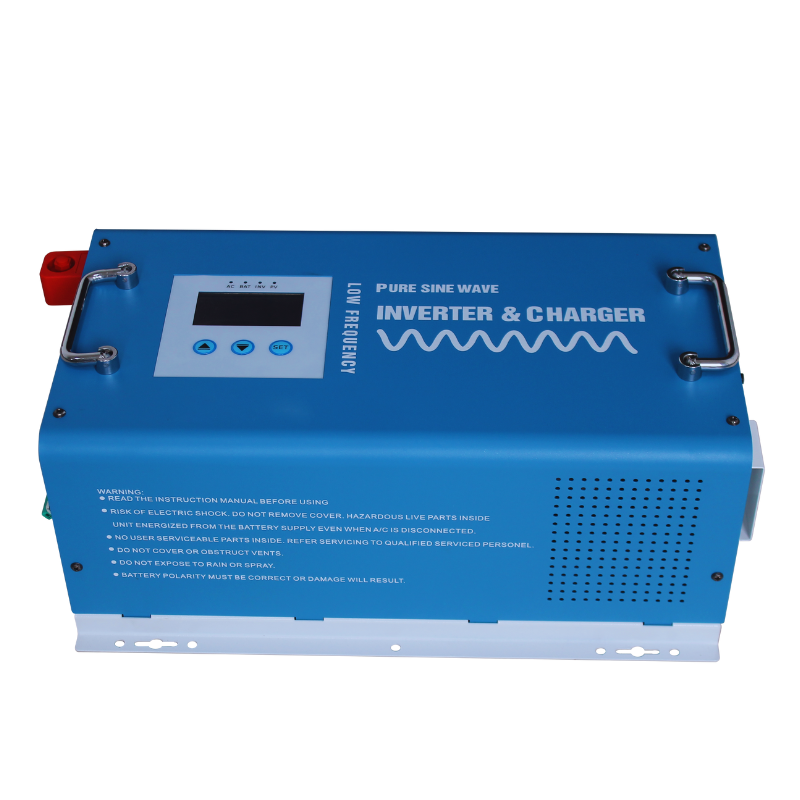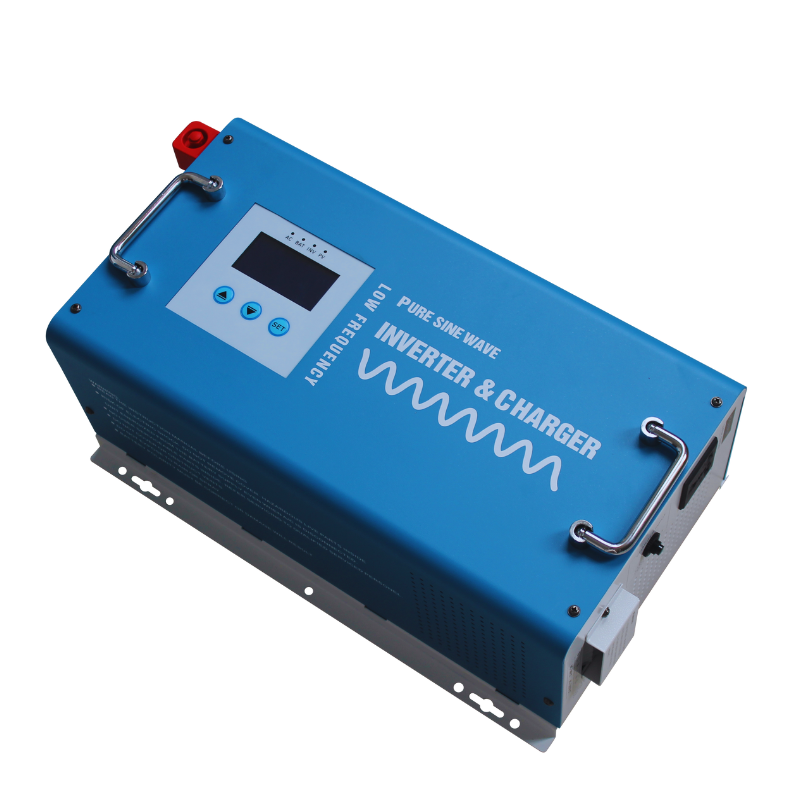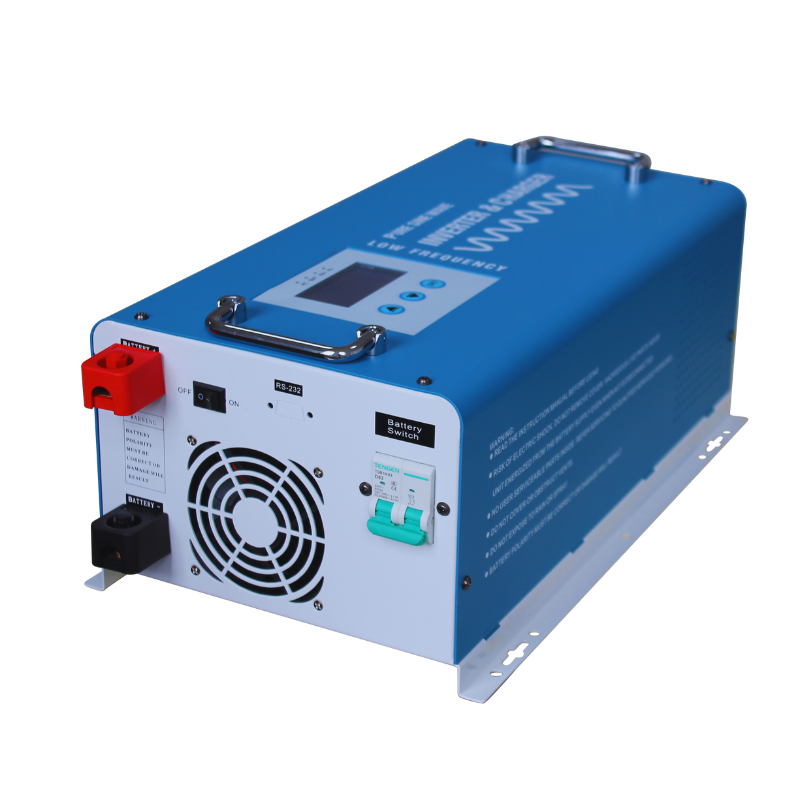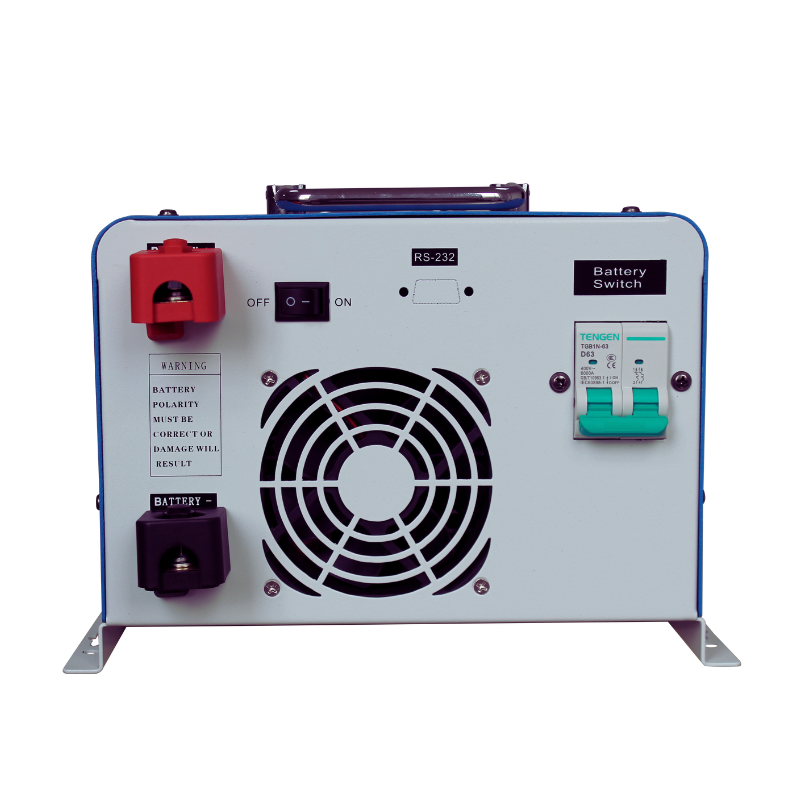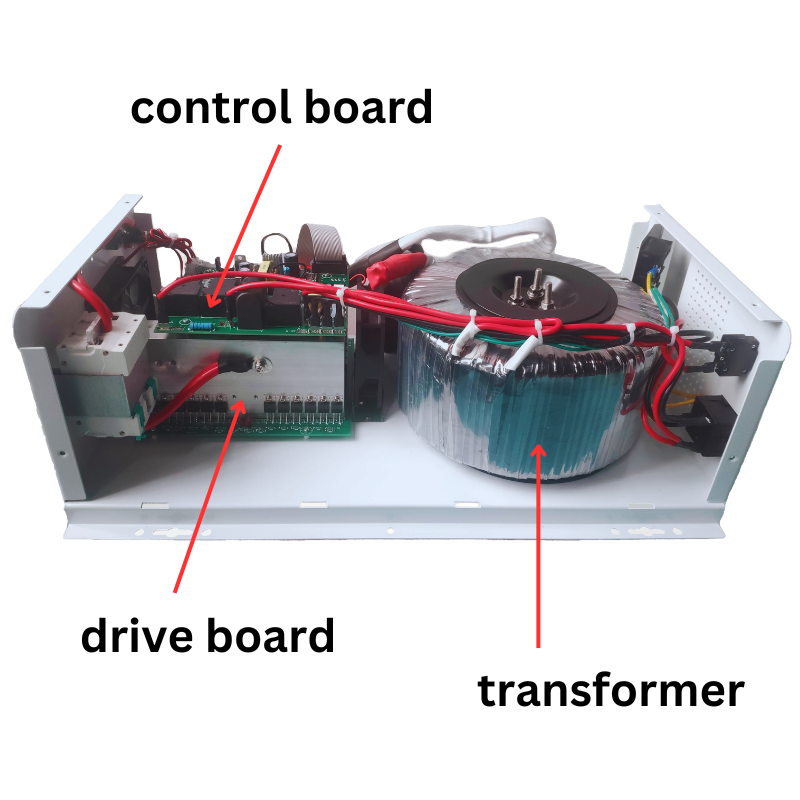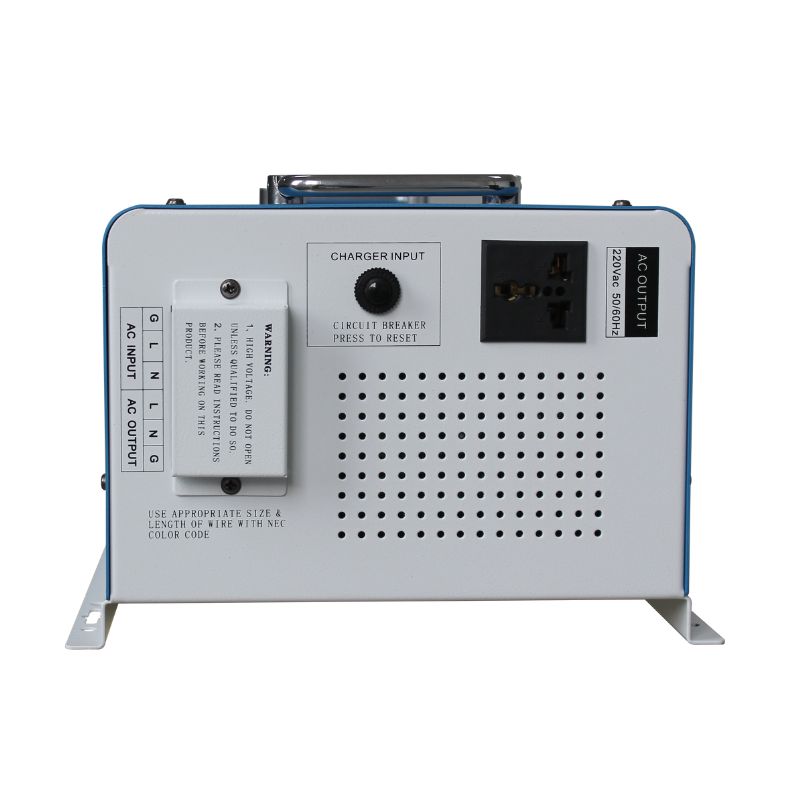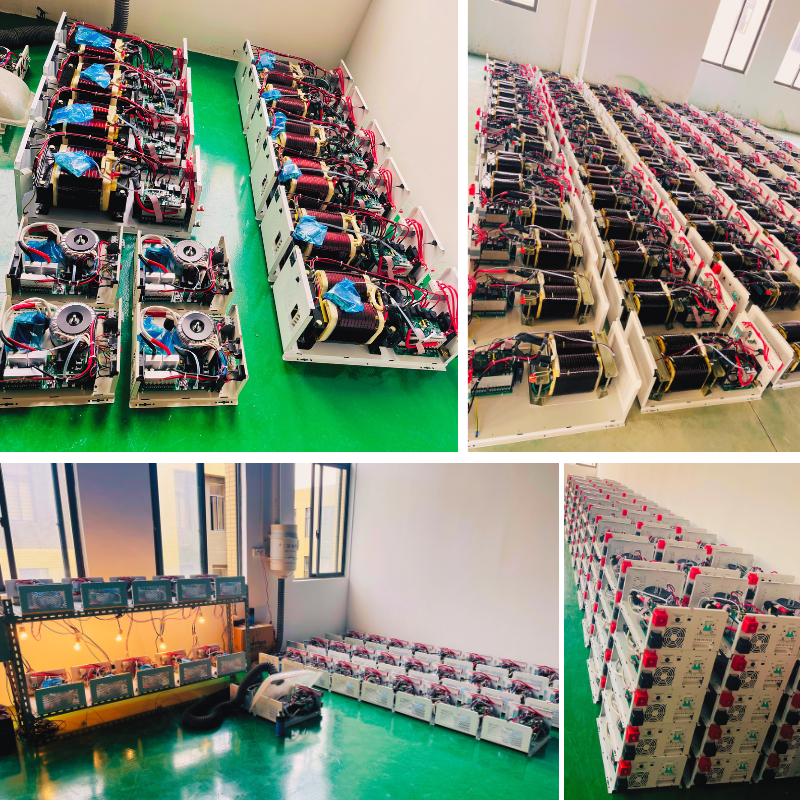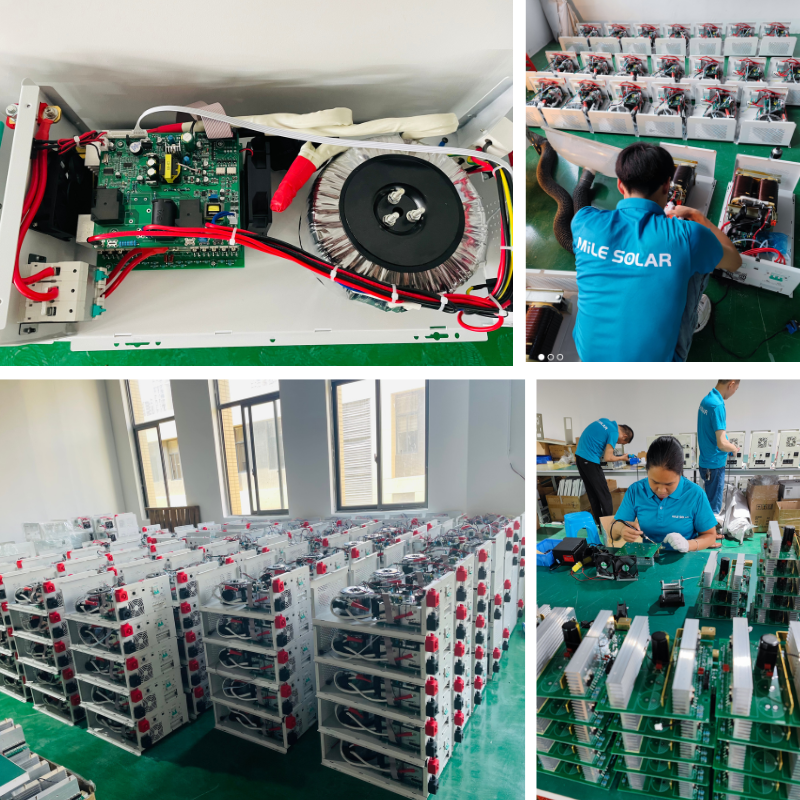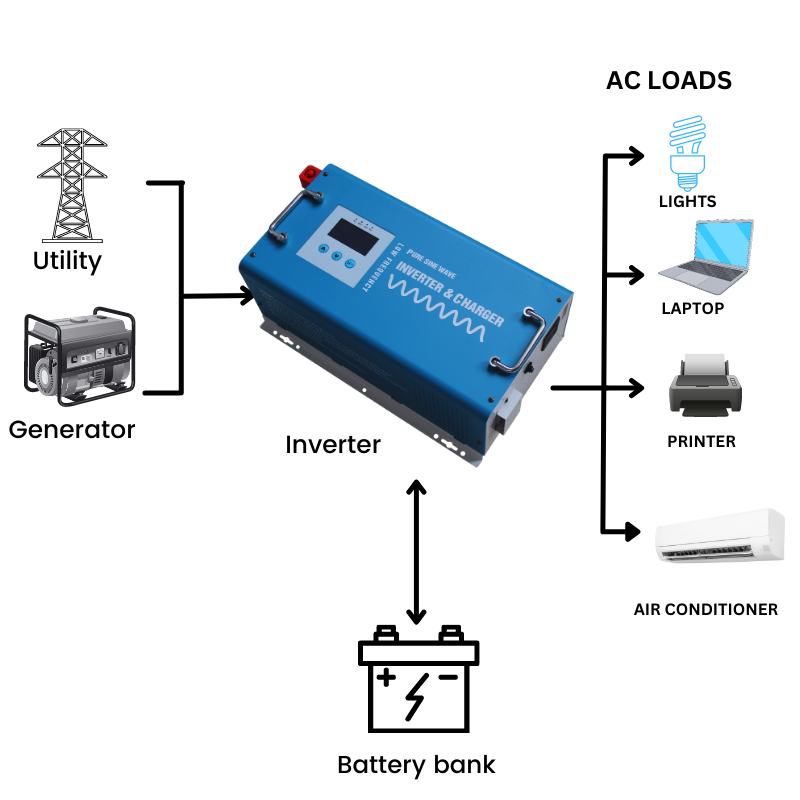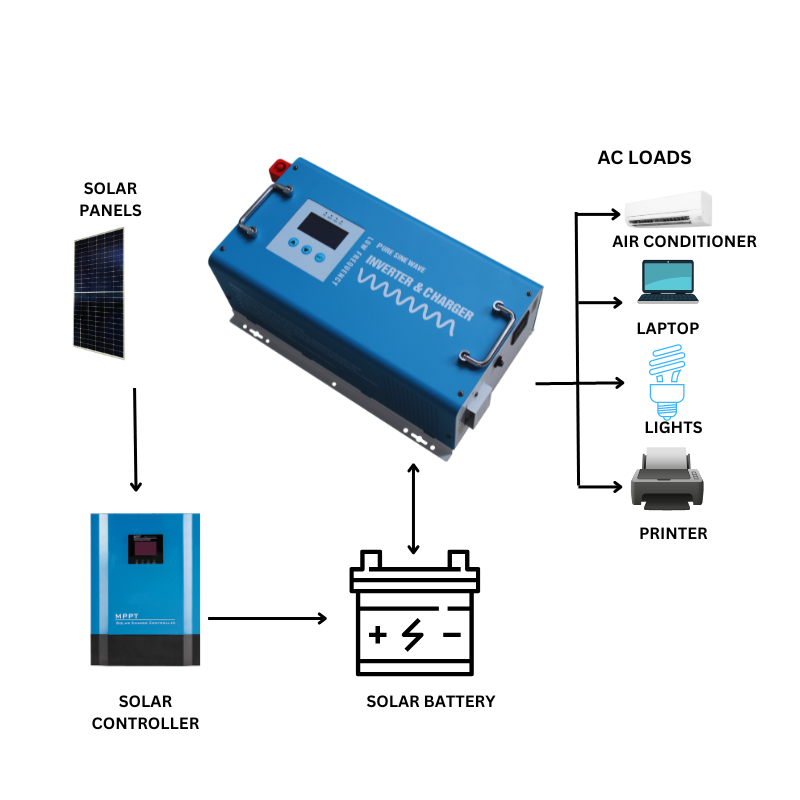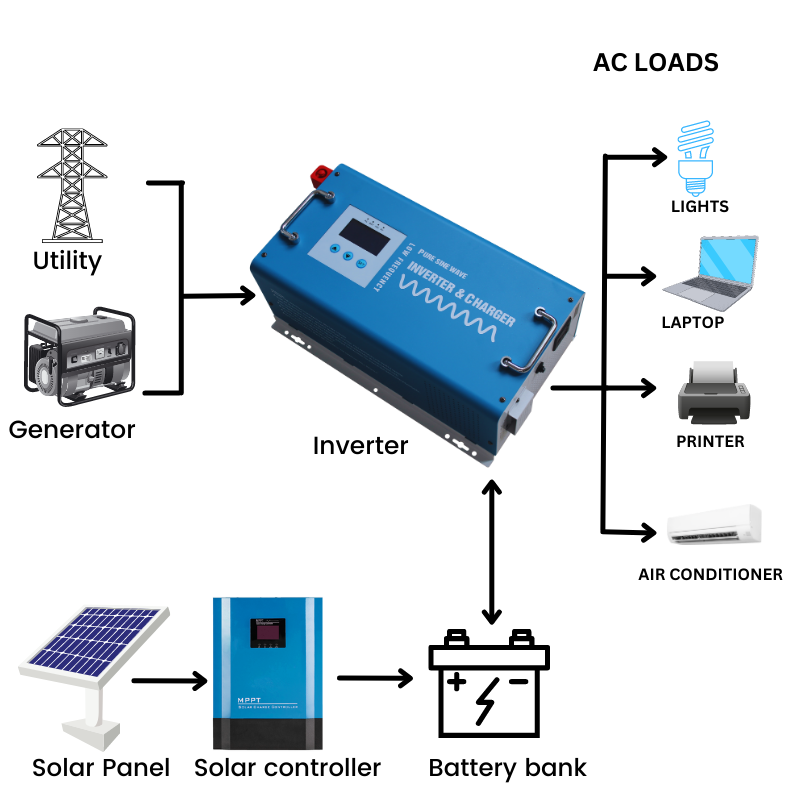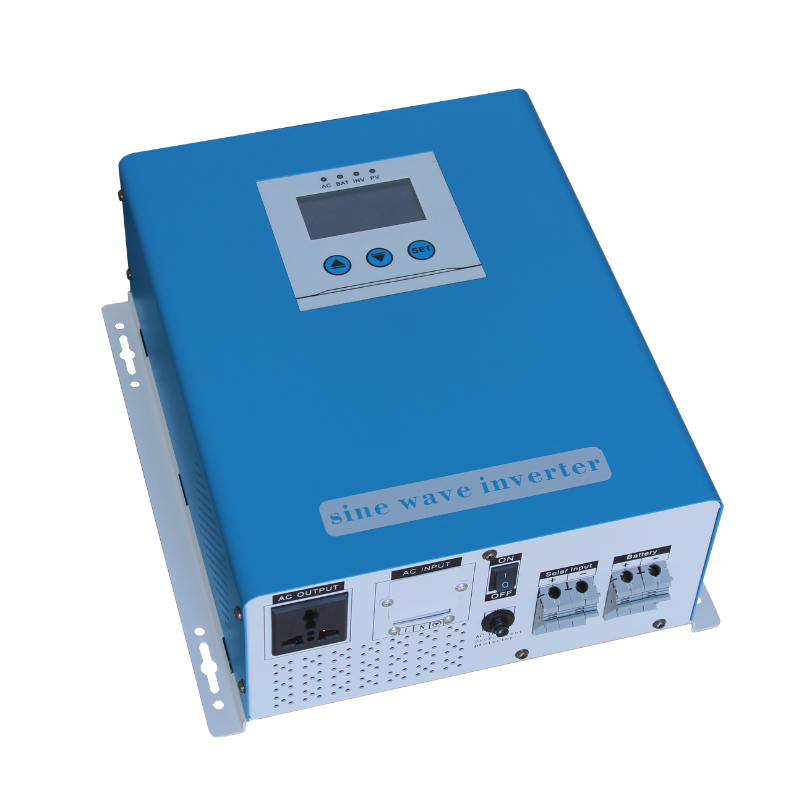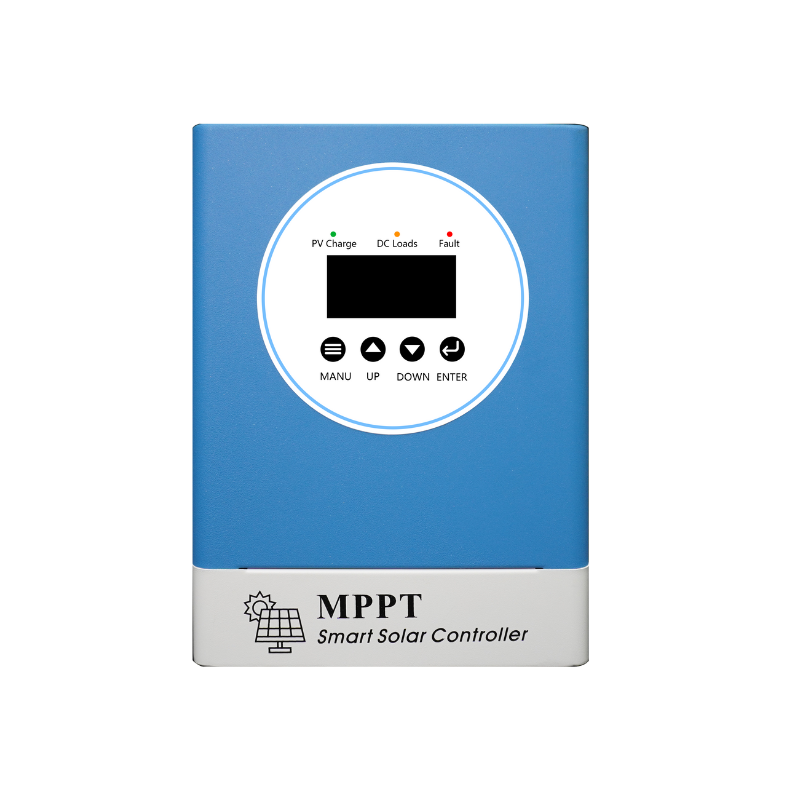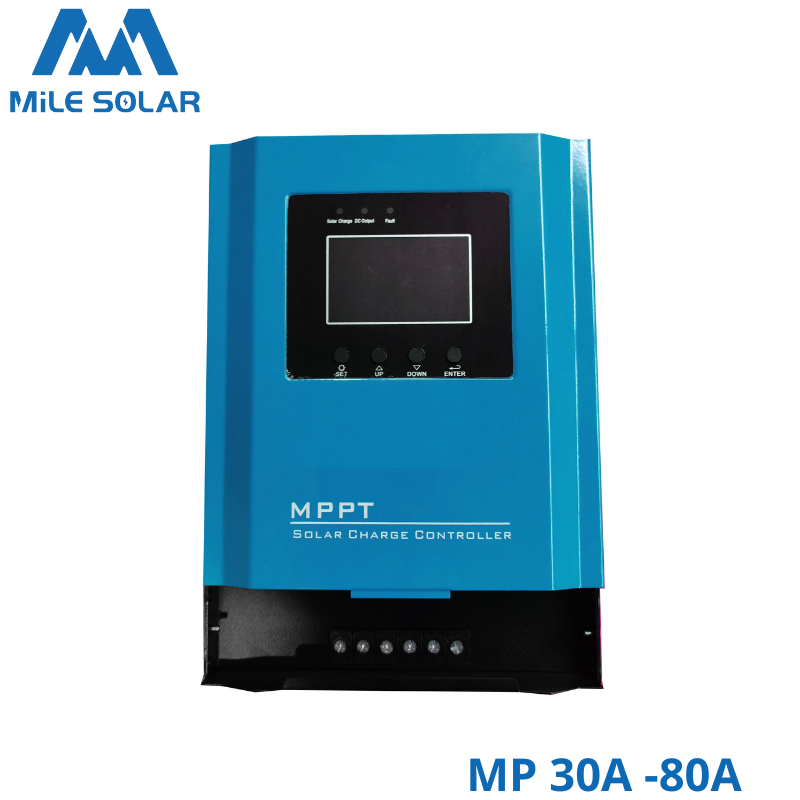A power inverter charger serves as a versatile and essential component in various applications, enabling seamless power management and flexibility. Its primary purpose is to convert direct current (DC) power, typically stored in batteries, into alternating current (AC) power that can be used to run household appliances, electronic devices, and machinery. Beyond this core function, a power inverter charger offers several applications that make it indispensable in both off-grid and backup power scenarios. Here are some common uses of a power inverter charger:
Off-Grid Power Systems: In remote areas or locations without access to the grid, a power inverter charger plays a vital role in creating self-sustained power systems. It converts energy stored in batteries (often charged by solar panels or other renewable sources) into usable AC power. This enables residents or businesses to enjoy electricity even when the grid is unavailable.
Backup Power Solutions: During power outages caused by natural disasters or other reasons, a power inverter charger seamlessly switches to battery power, ensuring that critical appliances like refrigerators, medical equipment, lights, and communication devices continue to function. It acts as a bridge between utility power and battery backup, providing uninterrupted power supply when needed most.
RVs and Campers: Power inverter chargers are commonly used in recreational vehicles (RVs) and campers to provide electricity for lighting, appliances, entertainment systems, and other devices while on the road or at remote campsites. The inverter charger draws power from the vehicle's battery system and transforms it into AC power for comfortable living.
Remote Work and Mobile Offices: In remote work settings or mobile offices, a power inverter charger ensures a steady power source for laptops, printers, communication devices, and other essential equipment. This is particularly beneficial for professionals who work in remote locations or vehicles.
Renewable Energy Systems: Power inverter chargers are crucial components of renewable energy systems such as solar power setups. They convert the DC power generated by solar panels into AC power that can be used to meet residential or commercial energy needs.
6. Marine and Boating: Boaters and marine enthusiasts use power inverter chargers to convert the DC power stored in boat batteries into AC power for onboard appliances, lighting, and navigation systems.
Mobile Medical Units: Mobile medical units, clinics, and ambulances rely on power inverter chargers to provide electricity for medical equipment, lights, and communication tools, ensuring quality healthcare delivery even in remote or emergency situations.
Remote Telecommunications Towers: Power inverter chargers are employed in remote telecommunications towers to ensure uninterrupted communication services by converting battery or renewable energy power into AC power for telecom equipment.
In essence, a power inverter charger serves as a versatile bridge between different power sources and the devices that require electricity. Its ability to transform and manage energy in various settings makes it an indispensable tool for ensuring reliable and flexible power supply across a diverse range of applications.


